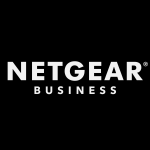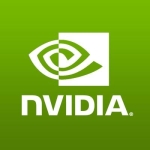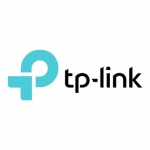I use this solution for AV, Audio-Video applications, over IP solutions. It's to forward Audio-Video IP packets based on the ITMP protocol. I also needed a POE port to power the transmitters and receivers.
One of the most valuable features is the MatchBox Switch.
I used to use the CLI, the command line, but some users may want to use the Web GUI.
They need to simplify the Cisco 2960 Web GUI control, but not the entire version or the functionality for the Web GUI control.
IT people will most often use the CLI to configure the Cisco Switch.
They need to simplify the Web GUI and make it easier to use, and more intuitive for the users.
I have more than ten years of experience working with Cisco Switches.
It's stable. The Catalyst Switches are reliable.
I have not contacted Cisco technical support.
There are several training videos available on YouTube.
If you Google, you can very easily gather material or training videos on how to configure the Cisco switch.
The Cisco website itself is too complicated for the user and there are too many things on it. If the users are not familiar with Cisco, it's very difficult to find useful information on the Cisco website.
In general, I don't use the Cisco website. I just Google the Cisco user manual or training video on YouTube to learn how to configure some features.
If you are familiar with the Cisco Switch, it is pretty straightforward to configure it using the CLI.
If you are not familiar, in general, you will use the Web GUI.
There are several YouTube videos available to help configure the Cisco switches. It is very easy to configure them.
I would rate Cisco Catalyst Switches and eight out of ten. It's a pretty good switch.














